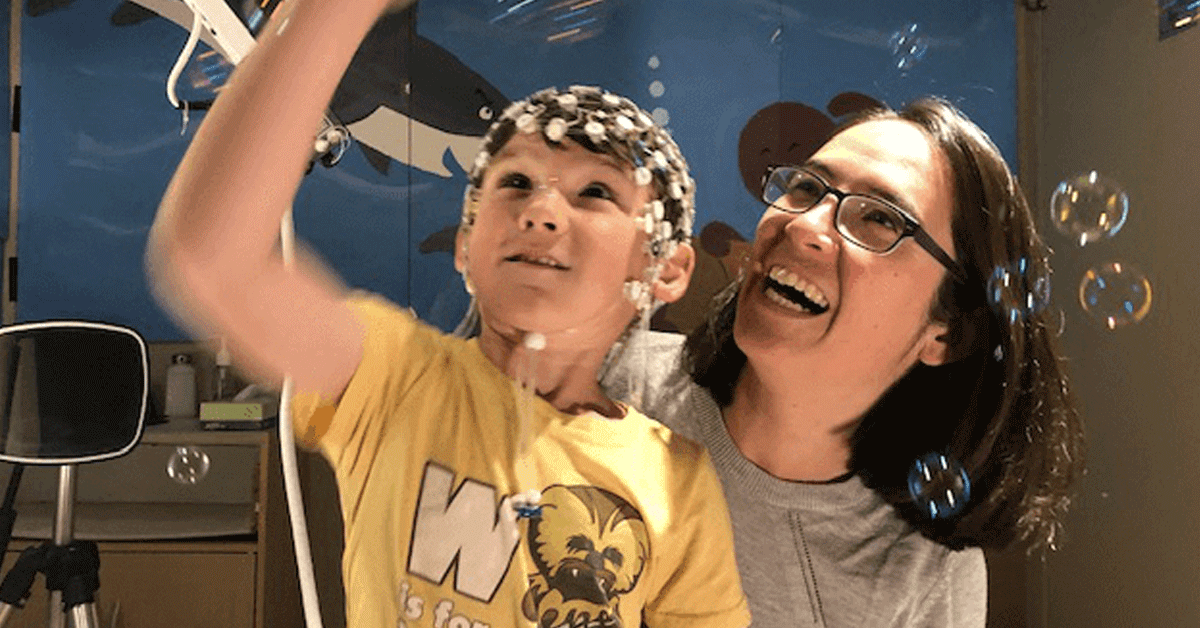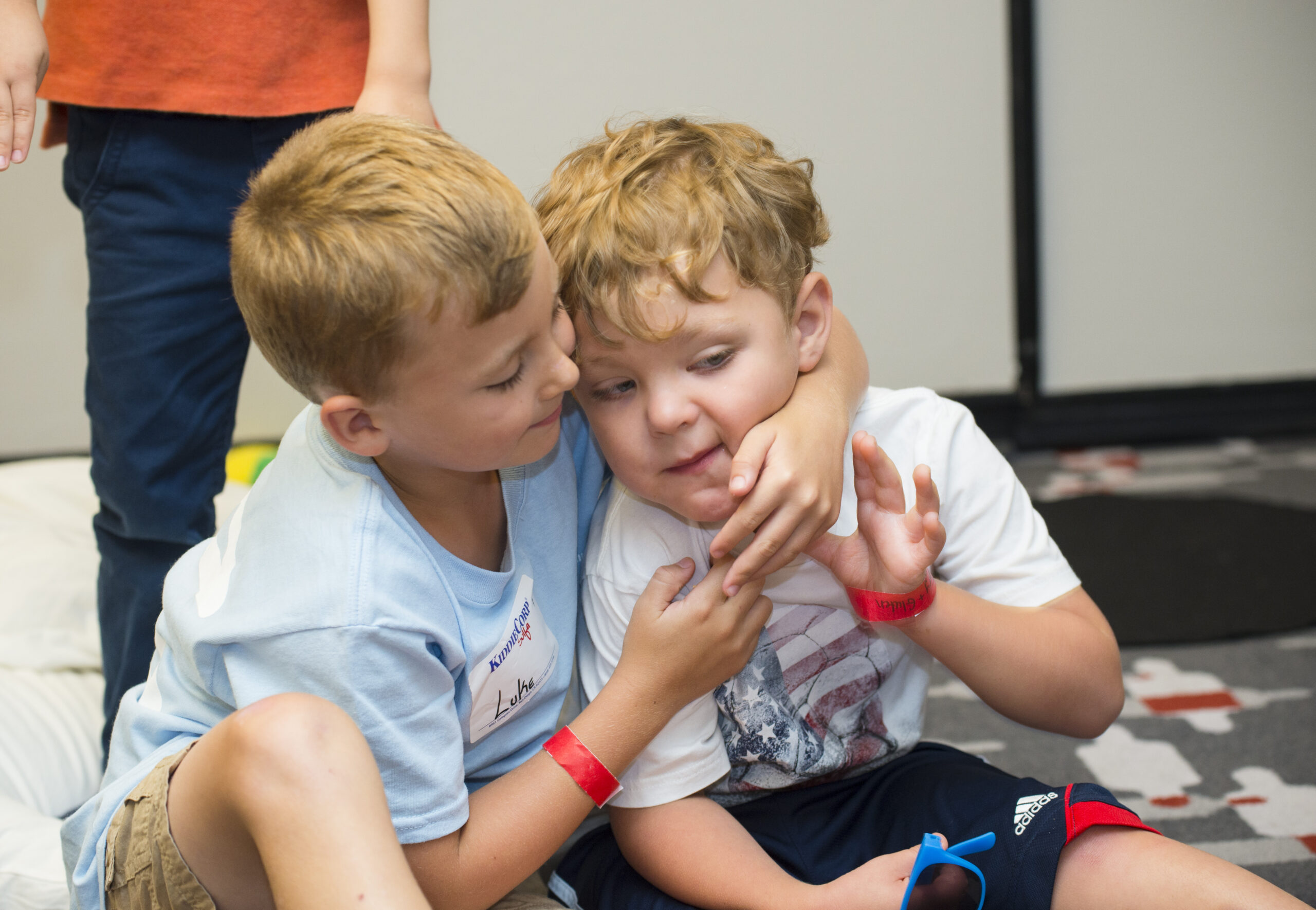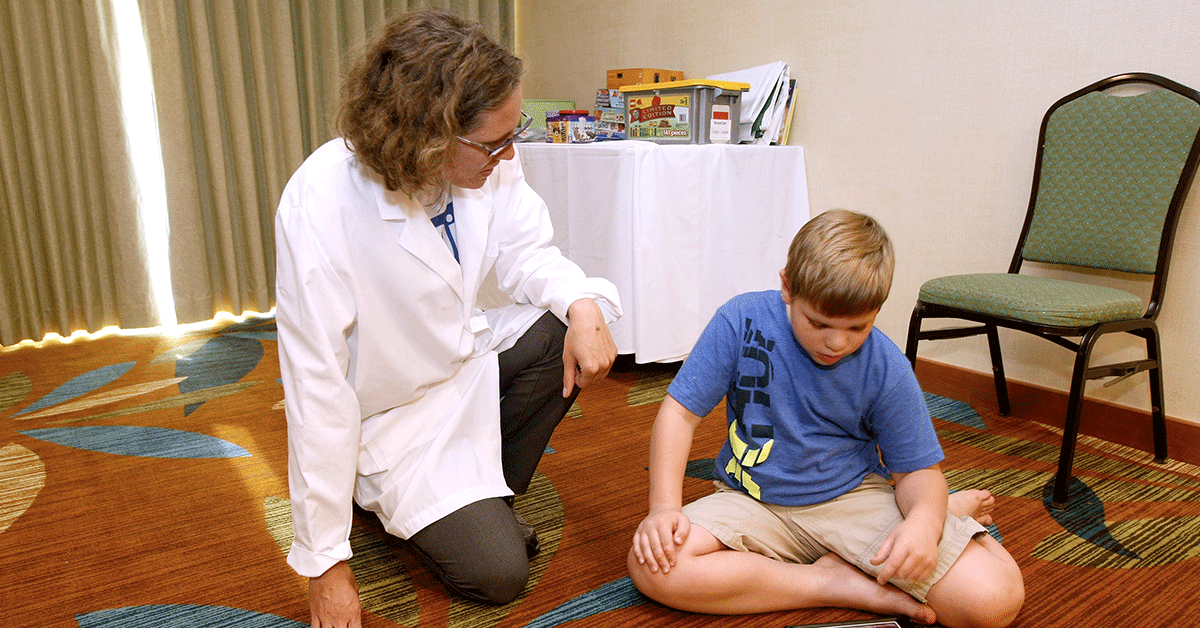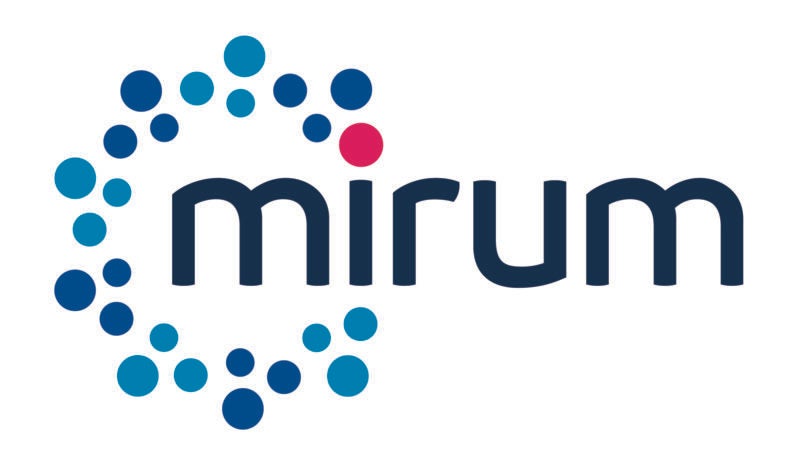Participate in Research
Fragile X experts have reviewed the research studies posted here through our NFXF Research Readiness Program. They confirm that the studies are good science and considerate of the individual and their family’s needs.
Find Your Research Opportunity
Research is the first important step in developing new treatments, interventions, and methods for diagnosing or detecting conditions. Far too often studies end early or never start because there are not enough volunteers. MyFXResearch Portal supports our commitment to eliminate the gap between patients + caregivers and researchers by providing guidance, resources, and support for you and your family throughout the process.
Please take a moment to review our Frequently Asked Questions to help you with your decision to participate, or email us at research@fragilex.org for additional help.
Research Opportunity Filters



| Research Opportunity | Condition | Age | Sex |
|---|---|---|---|
|
Fragile X Syndrome
|
Adult 18+, Child
|
Male
|
|
|
Fragile X Syndrome
|
Child
|
Female
|
|
|
Fragile X Syndrome
|
Adult 18+, Child
|
Male, Female
|
|
|
Fragile X Syndrome
|
Adult 18+
|
Female, Male
|
|
|
Fragile X Syndrome, Fragile X Premutation, Non-Carriers
|
Child
|
Female
|
|
|
FXTAS
|
Adult 18+
|
Male, Female
|
|
|
Fragile X Syndrome
|
Child, Adult 18+
|
|
|
|
FXTAS, Fragile X Premutation
|
Adult 18+
|
Male, Female
|
|
|
Fragile X Syndrome
|
Child
|
Male, Female
|
|
|
Fragile X Syndrome
|
Adult 18+
|
Male, Female
|
|
|
Fragile X Syndrome
|
Adult 18+
|
Male, Female
|
|
|
Fragile X Syndrome
|
Adult 18+, Child
|
Male
|
|
|
Fragile X Syndrome, Fragile X Premutation, Non-Carriers
|
Adult 18+, Child
|
Male, Female
|
|
|
Fragile X Syndrome
|
Child
|
Male, Female
|
|
|
Fragile X Syndrome, Fragile X Premutation
|
Adult 18+, Child
|
Male, Female
|
|
|
Fragile X Syndrome
|
Child
|
Male, Female
|
|
|
Fragile X Premutation
|
Adult 18+
|
Female
|
|
|
Fragile X Syndrome
|
Adult 18+, Child
|
Female, Male
|
|
|
Fragile X Syndrome
|
Child
|
Male, Female
|
|
|
FXPOI, FXTAS, Fragile X Premutation, Non-Carriers
|
Adult 18+
|
Male, Female
|
|
|
Fragile X Syndrome
|
Child
|
Male, Female
|
|
|
Fragile X Syndrome
|
Child
|
Male, Female
|
|
|
Fragile X Syndrome
|
Adult 18+
|
Male
|
|
|
Fragile X Syndrome
|
Child
|
Male, Female
|
|
|
Fragile X Premutation
|
Adult 18+
|
Male
|
|
|
FXPOI, Fragile X Premutation, FXTAS
|
Adult 18+
|
Male, Female
|
|
|
Fragile X Syndrome
|
Child
|
Male
|
|
|
Fragile X Syndrome
|
Child
|
Male, Female
|
|
|
Fragile X Syndrome
|
Child
|
Male, Female
|
|
|
Fragile X Syndrome
|
Adult 18+
|
Male, Female
|
|
|
FXTAS, Fragile X Premutation
|
Adult 18+
|
Female
|
|
|
Fragile X Syndrome
|
Child, Adult 18+
|
Male, Female
|
|
|
Fragile X Syndrome, Fragile X Premutation, Non-Carriers
|
Adult 18+, Child
|
Male, Female
|
|
|
Fragile X Syndrome, Fragile X Premutation, Non-Carriers
|
Adult 18+
|
Male, Female
|
|
|
Fragile X Syndrome
|
Child
|
Male, Female
|
|
|
Fragile X Premutation
|
Adult 18+
|
Female
|
|
|
FXTAS, Fragile X Premutation
|
Adult 18+
|
Male
|
|
|
Fragile X Syndrome
|
Child
|
Male, Female
|
|
|
Fragile X Syndrome, Fragile X Premutation
|
Child
|
Male, Female
|
|
|
Fragile X Syndrome, Fragile X Premutation, Non-Carriers
|
Adult 18+
|
Male, Female
|
|
|
Fragile X Syndrome
|
Adult 18+
|
Male, Female
|
|
|
Fragile X Syndrome
|
Adult 18+, Child
|
Female, Male
|
|
|
Fragile X Syndrome
|
Child
|
Male
|
|
|
Fragile X Syndrome
|
Child
|
Male, Female
|
|
|
Fragile X Syndrome
|
Adult 18+, Child
|
Male, Female
|
|
|
Fragile X Syndrome, Fragile X Premutation
|
Child
|
Male, Female
|
|
|
Fragile X Syndrome
|
Adult 18+
|
Male, Female
|
|
|
FXTAS, Fragile X Premutation
|
Adult 18+
|
Female, Male
|
Frequently Asked Questions
Clinical research involves people (no mice here!) and can be “interventional” (like the search for a new medicine) or “observational” (like filling out a questionnaire). Most of what we know about medicine, and all of the treatments we use, are the result of clinical research.
New Drugs
Pharmaceutical clinical trials are an important part of making a new medicine. After scientists and researchers spend many years coming up with a new medicine and testing it in mice, other animals, or human cells, they may get to the point of trying it with people. When this point is reached, it’s called a clinical trial and there are four phases (also see What are the Phases of Clinical Trials?).
A new drug is not commercially available, which means you will not be able to have it prescribed to you after the trial is complete. These kinds of trials are specifically to understand if a drug will be safe and effective for the condition being studied. If the study is successful, researchers will try to get the drug to market (i.e., commercially available) so that you can take it, but that process can take a while. The FDA has to approve all new drugs before you can have access to them, and they use the results from clinical trials to make those decisions. We cannot get new drugs on the market without research studies, so they are important and necessary for new treatments!
Repurposed Drugs
Some medicines are repurposed, that is, they were developed for one condition, but researchers now want to use them for a different condition. These types of medicines might also be included in a clinical trial.
These medicines are usually already commercially available, which means once the trial is over your clinician or doctor may be comfortable prescribing the drug for you “off label.” Off label means you can take the drug under your doctor’s supervision, even if it is not approved for your specific condition. If the trials are successful, researchers will work to get the condition they’re studying added to the drug label (to indicate its use as a treatment for the condition). The Food and Drug Administration has to approve all changes to drug labels, and they use the results from clinical trials to make those decisions.
All hospitals and universities that do research have what is called an institutional review board, or IRB. It’s the IRB’s job to make sure that researchers follow all of the rules about research with people. Sometimes, an IRB asks for changes to be made to the study to make sure that participants are better protected. This can make the study start later or go more slowly. Also, every group or institution that joins the study has to get approval from their own IRB, which takes time.
The Food and Drug Administration watches over clinical trials and creates some of the rules for how these studies are run. The FDA is in charge of saying yes or no to any new drug, and researchers have to get approval from both the FDA and their review board before starting a clinical trial. The FDA makes the final decision as to whether the new drug can be sold in the U.S. They look at the results from all of the studies and decide if the medication is safe, and if it works.
Clinical research has many different rules and regulations to make sure that people in the study are respected and treated fairly. For example, if a patient or family is asked to join a study, they can refuse or say no. Participants and their families have to consent, or agree, to be a part of the research. This has to be voluntary, which means that people have to choose on their own if they would like to participate, even if it is being run by their doctor.
Clinical trials are conducted in a series of phases:
Phase I: Researchers test a drug or treatment in a small group of people to learn about safety and identify side effects. To do this, researchers use many different tests, like blood or urine tests, to measure and collect data, but also to make sure people stay healthy.
Phase II: Researchers give the new drug or treatment to a larger group of people to determine its efficacy, which means that researchers see whether it actually works in people. For example, how would researchers test a new medicine that makes it easier to pay attention? Well, they would look at how well someone pays attention before and after taking the medicine. To measure this, they would use surveys or standardized tests that ask very specific questions about paying attention.
Phase III: Researchers give the new drug or treatment to even more people and for longer periods of time to make sure that it works and that there aren’t any serious side effects.
Phase IV: Once a drug or treatment is approved and made available to the public, researchers track its safety in the general population, seeking more information about the benefits and optimal use of a drug or treatment.
There are many ethical rules designed to protect people that are participating in research. These rules make sure that:
- Consent is voluntary (i.e., the person chose and agreed on their own to be a part of the study).
- Any possible harm to participants is made as unlikely as possible.
- Researchers use the right study design to answer the questions being asked by the study.
- Participants can choose to stop participating in the research at any time.
No. There are many other observational studies and trials that do not study a drug, biologic, or device. These are called “non-therapeutic studies,” and they can cover a wide range of topics. Studies that aim to develop a new questionnaire, collect medical history information, or improve quality of care would all fall under this umbrella.
The three main forms of these studies are:
- Longitudinal: The information is collected over time.
- Cross-Sectional: Many individuals participate, but data collection only happens once for each person.
- Case Study: An in-depth look at one or a couple of people.
Non-therapeutic studies are just as important as clinical trials. They help us understand more about a disorder, such as Fragile X syndrome, improve clinical trials, and provide better clinical care.
Healthy volunteers participate to help others and to contribute to moving science forward so doctors and researchers can learn more about a disease and improve health care for others in the future.
Participants with an illness, disease, or condition also participate to help others, but also to possibly receive new experimental drugs or devices—especially if there are no other treatment options or all other treatment options have failed.
Researchers often need people not affected by Fragile X, which is sometimes referred to in clinical settings as “healthy” volunteers. In the research opportunities listed here, these are noted as “Non-Carrier” under the Participant Condition column.
Healthy volunteers are needed so researchers can compare results between people with and without a certain disease or condition.
Much of this information may already be made available by reading through each of the trial, study, or survey descriptions, but don’t hesitate to make sure all your questions are answered before you commit yourself or a loved one to a trial. Here’s a list to get you started:
- What is the target of the medication or treatment?
- Will there be any therapy interventions used along with the medication?
- What kind of tests will be done before and after the medication? Is blood work required? How often?
- Is it for males, females, or both? What are the ages? Is it okay to be on other (existing) medications?
- Do we need to travel? Where?
How many visits are required? How long do they take? Are they flexible? - Does the trial pay for travel costs, such as airfare, hotel, or child care?
- Is there a placebo aspect to the trial?
- Can taking the medication continue after the trial ends
- Which condition are you looking for, and what about mosaicism?
- Is it only for individuals in the U.S. (or other country)?
- Please explain why to get involved?
- Why is it important for families to be involved in clinical trials?
- What are the qualifications?
- Who do I contact?
- Will there be a detailed schedule for each visit?
Informed consent is the process of providing key information about a research study before you decide whether to take part. The research team provides a document that includes details about the study that explains potential risks. You can then decide whether to sign the document. Taking part in a clinical trial is voluntary and you can leave the study at any time.
No. Please do not post about your experiences on social media. The researchers strongly discourage anyone posting either positive or negative experiences on social media. This will help avoid any type of study bias. They want to do everything possible to have a successful study and potentially bring products to market.
For pharmaceutical clinical trials, patients cannot participate in another trial for a different investigational drug simultaneously.
All the data needs to be analyzed. In other words, all of the data will be looked at to see if there are any patterns that help lead to an answer about the questions being asked in the study. This can take a lot of time and is another reason why it can take so long to get results from a study. Results from clinical trials are often published in peer-reviewed scientific journals, and you can always contact the study team to see if new information is available.
Please see our e-book Research 101: The Ultimate Guide for All Families Living with Fragile X.
We also frequently publish summaries of the latest research.
We also have this webinar:
Participating in Research Studies and Trials
Hilary Rosselot, NFXF executive director, gives advice and guidance to participating in research studies and clinical trials. Research cannot advance without participation — that is the bottom line. But, we realize it can be an unnerving unknown and a big commitment. Hilary will help you understand what to ask, how to navigate it, and more.
ClinicalTrials.gov also has a full library of resources. See Patient Resources and Learn About Studies. They also have a helpful Glossary.
Our Sponsors






